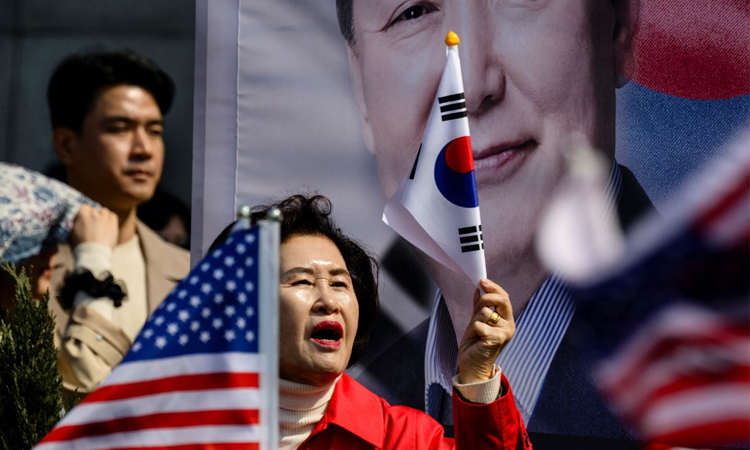News Flash

STOCKHOLM, June 9, 2025 (BSS/AFP) - Foreign interference in elections is a real concern but sometimes used as an "alibi" by democracies to divert attention from domestic issues, the head of a democracy think-tank said Monday.
According to a new report by Stockholm-based International IDEA, disinformation and manipulation of social media algorithms to influence results are among the major threats to democracies during election campaigns.
The threat is "exacerbated by the explicit willingness of domestic, foreign and non-state actors to engage in such activities", the report said, highlighting states such as China, Russia and Iran.
Among 54 elections covered in 2024, 80 percent experienced "deliberate campaigns of disinformation trying to shape the electoral result", IDEA's Secretary General Kevin Casas-Zamora told AFP.
However, when politicians blame foreign influence, it risks diverting the debate from real issues, and whether such campaigns "succeeded or not is anybody's guess", he added.
"The question of inequality, the question of how a lot of citizens feel left behind and that they're not being heard by their political institutions, deserves probably at least as much attention as the external threats that come in the shape of foreign interference or disinformation," Casas-Zamora said.
"The excessive emphasis on foreign interference is a kind of alibi, it's a kind of convenient explanation to excuse domestic political actors from their responsibility to rethink the working of democracy and make sure that it delivers for citizens."
For Casas-Zamora, it is equally urgent to question and analyse the shortcomings fuelling the loss of citizens' trust in their political institutions, if "we care about the future of democracy".
In 2024, about 1.6 billion people voted in 74 national elections worldwide, demonstrating a strong willingness among populations to make their voices heard, even though trust in politics remains "in short supply," he said.
"Arguably, the most important source of mistrust in political institutions is the performance of the state in delivering public goods and services," the Costa Rican former politician said.
"Because that's what shapes the relationship of citizens with state institutions."